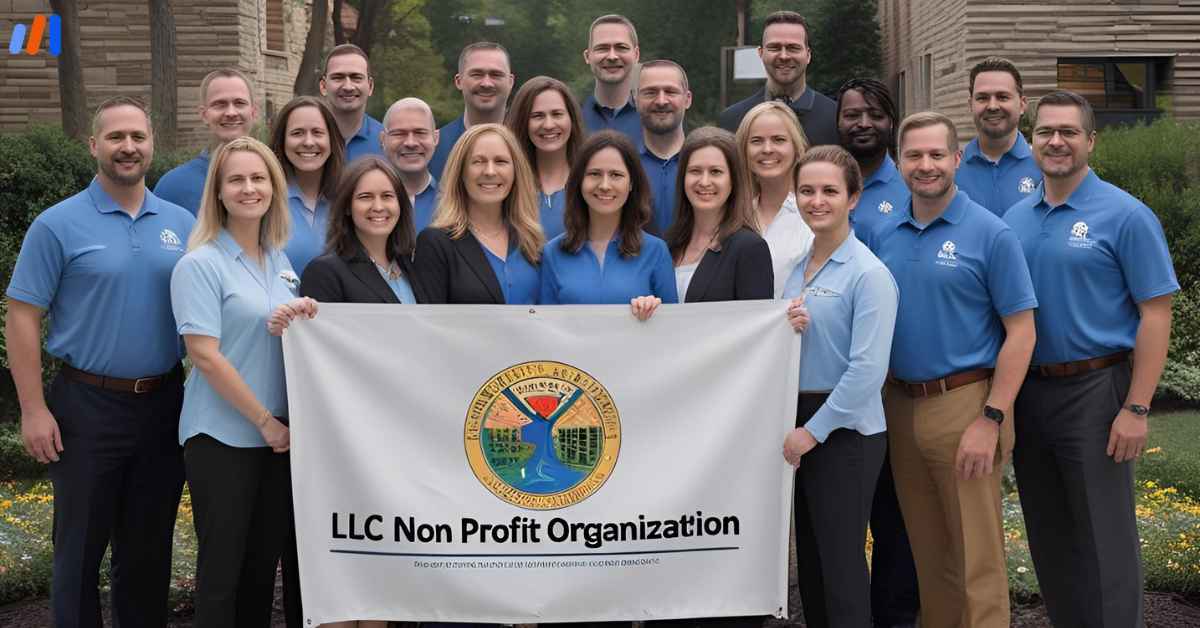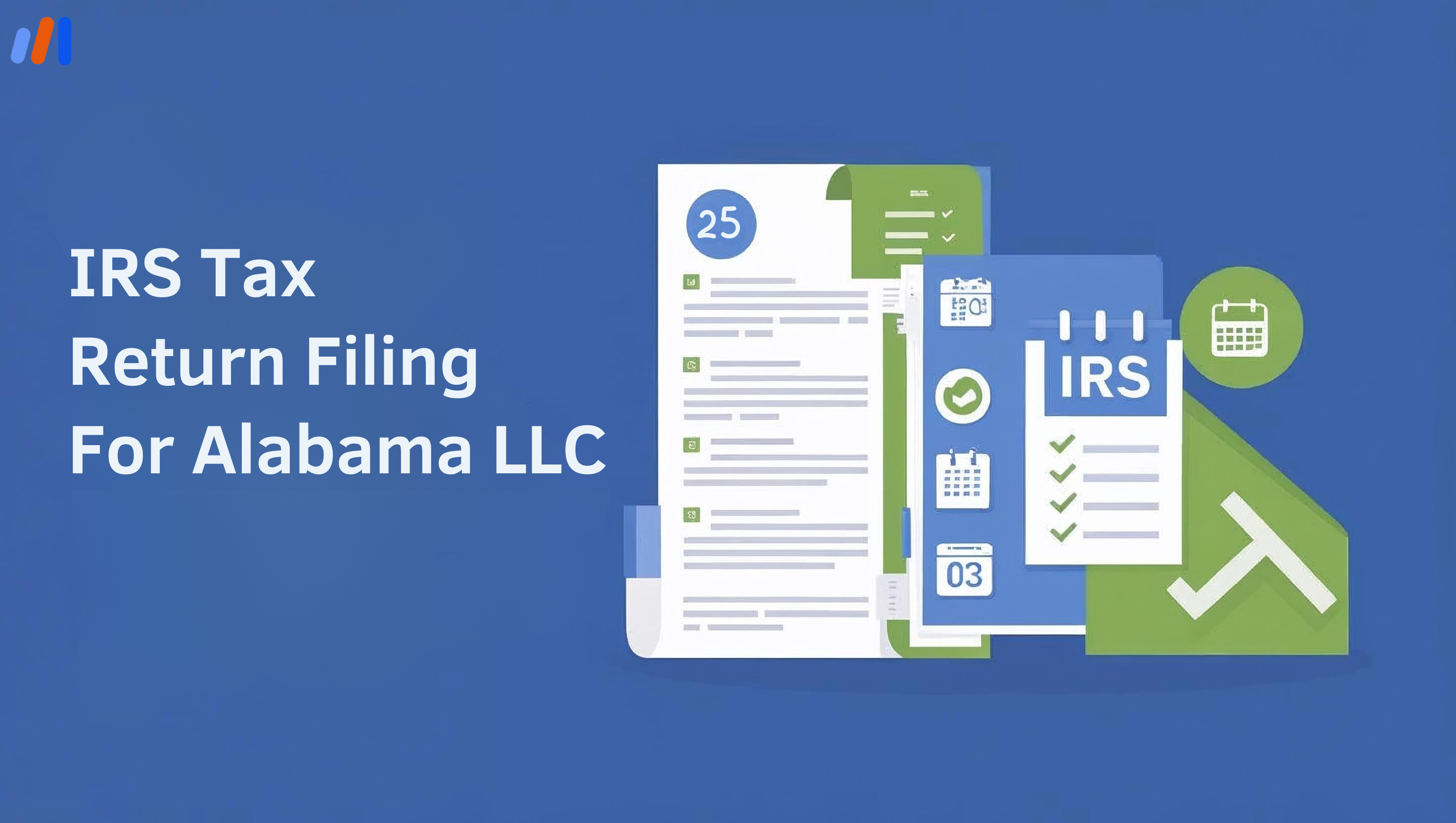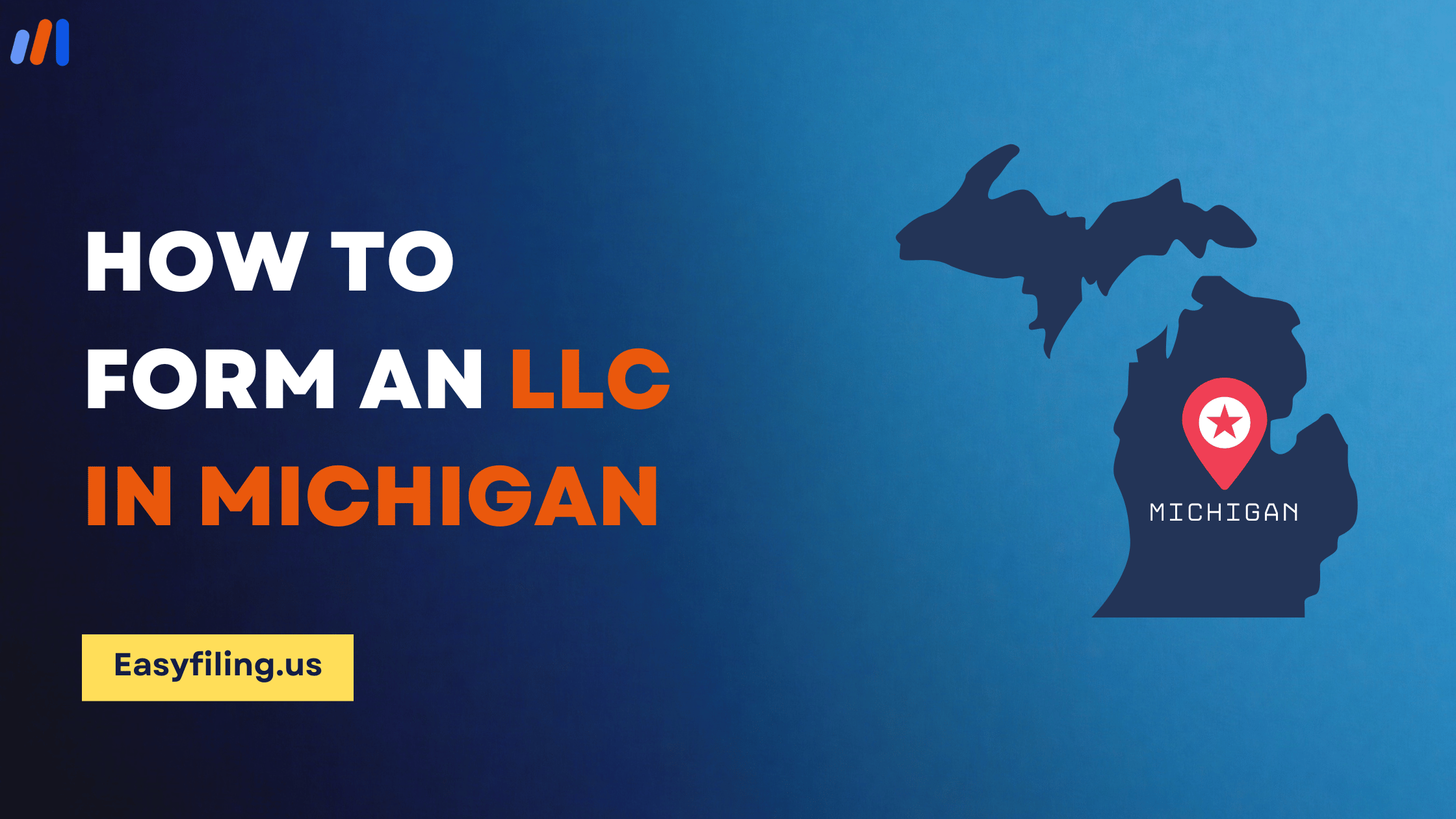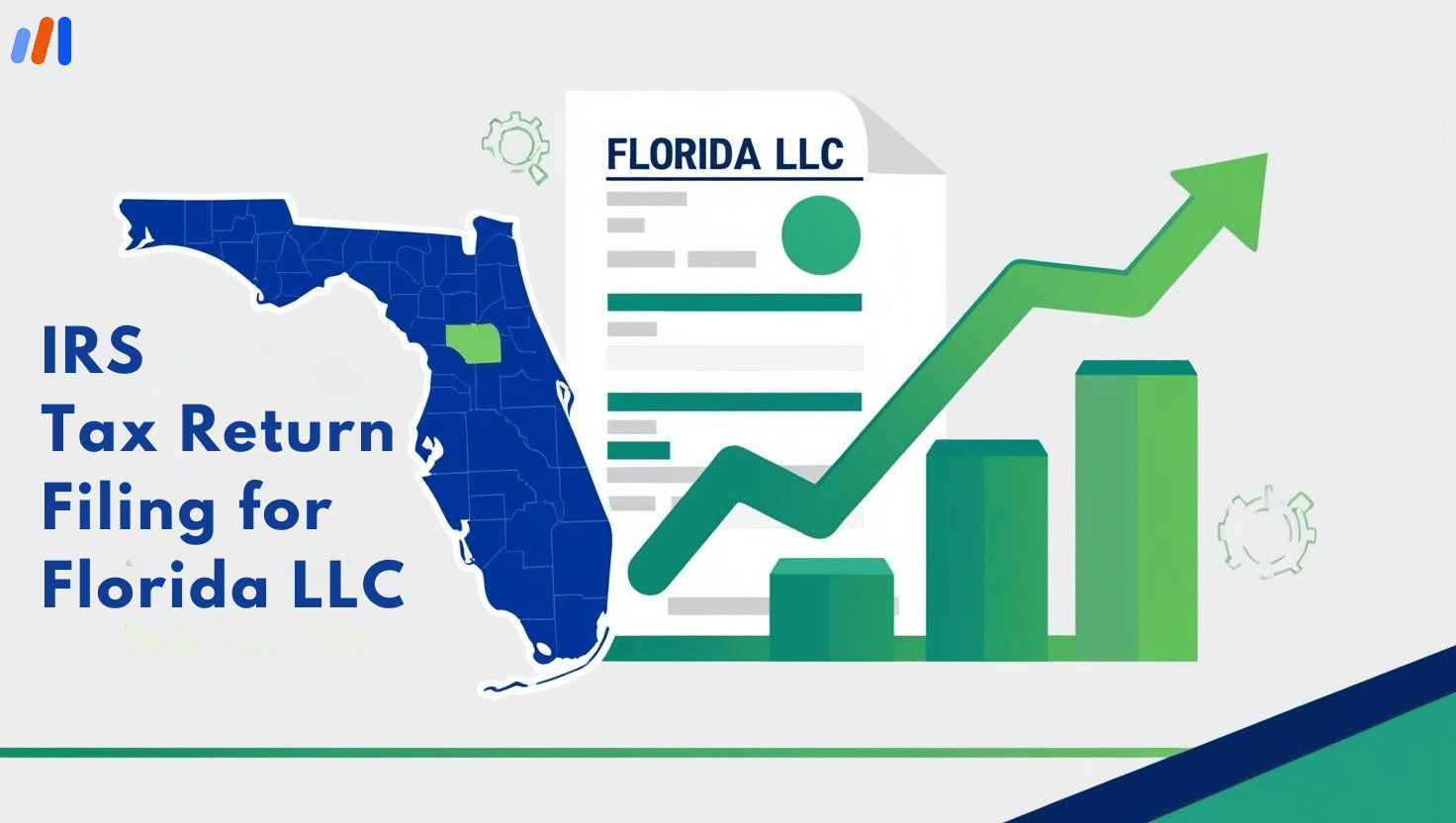What is an LLC Nonprofit Organization?
An LLC nonprofit organization is a limited liability company (LLC) formed not for profit-making purposes, but for charitable, religious, educational, or other missions of a similar nature. The goal is to reinvest every single profit made into the organization’s mission, unlike a for-profit LLC.
While the IRS, for the LLC, does not formally recognize the classification of ‘nonprofit LLC,’ there are certain criteria under which an LLC can obtain tax-exempt status. In this regard, it operates as a nonprofit corporation by providing limited liability to its members while fulfilling a public-spirited purpose.
What Is a Nonprofit, and What is its Relation with an LLC Nonprofit Organization?
Nonprofit organizations are legal entities created for purposes other than making a profit. Such purposes include educational, charitable, religious, or scientific objectives. Nonprofit organizations also tend to operate in an incorporated format and apply for a 501(c)(3) tax-exempt status to be recognized as nonprofit by the IRS.
An LLC nonprofit organization has the same aims but differs in structure. An LLC is, by default, a pass-through entity for tax purposes and provides more control over management. However, for an LLC to function as a nonprofit, all members must be tax-exempt organizations, or it has to be wholly owned by a nonprofit.
Similarities and Differences of LLC Nonprofit Organizations and Traditional Nonprofits
Similarities:
- Both organizations may operate for the advancement of education and other charitable deeds.
- They can be considered for an exemption from federal taxes under the IRS code 501(c)(3).
- They are allowed to use the profits for the purposes aligned with their mission.
Differences:
- Traditional Non-Profit Organizations are formed as corporations, while an LLC Nonprofit Organization is formed as a limited liability company.
- Non-profit corporations have to maintain a board of directors, whereas LLCs do not.
Can an LLC Be a Nonprofit Organization? Exploring the Possibilities
With restrictions, yes. The IRS has stringent criteria when it comes to granting 501(c)(3) status to an LLC nonprofit organization. As per the standards set by the IRS, an LLC can qualify only if it’s:
- Wholly owned by a 501(c)(3) organization.
- Articles of organization contain certain limiting language that surrenders activities to exempt purposes.
- Private inurement or political campaign involvement is prohibited.
It is possible, albeit unusual, to establish an LLC nonprofit organization under the ideal conditions and proper legal guidance.
Defining An LLC Nonprofit Organization: A Non-Profit Organization Operated As An LLC
In order for an LLC nonprofit organization to function legally and in accordance with IRS regulations, the following conditions must be met:
- Charitable mission must be included in the formation of the LLC.
- Members are nonprofit entities, not individual people.
- The operating agreement and articles of organization of the LLC need to define activities as tax-exempt.
A properly structured LLC offers a degree of operational freedom; however, it needs to be designed as closely as possible to the intent and limitations of a traditional nonprofit structure to sustain its organizational status.
Pros and Cons of LLC Nonprofit Organizations
Pros:
- More Flexible Control: Compared to other nonprofits, LLCs offer more flexibility in self-governing policies.
- Personal Responsibility Protection: Members do not incur personal risk.
- No Board Required: Unlike traditional nonprofits, LLCs have member-managed governance.
- Concealment: LLCs are subject to fewer rules of public disclosure.
Cons:
- IRS Compliance Burden of Proof: Stricter regulatory guidelines for attaining 501(c)(3) status.
- Limited Acceptance: Recognition or allowance for an LLC nonprofit organization is not uniform across all states.
- Ineligible for Direct Donation: There may be reluctance from some grant funders to provide funds if the grant is offered to an LLC.
Advantages and Disadvantages of Forming a Traditional Nonprofit Versus an LLC Nonprofit Organization
| Attribute | Traditional Nonprofit | LLC Nonprofit Organization |
|---|---|---|
| Legal Structure | Corporation | LLC |
| IRS Recognition | Widespread | Limited |
| Tax-Exempt Status | Easily Acquired | Conditionally Obtained |
| Ownership | Public Benefit | Nonprofits can own |
| Governance | Board of Directors | Flexible |
| Fundraising Access | High | Limited |
Traditional nonprofits have the upper hand concerning tax-exempt recognition and guaranteed funding. However, forming an LLC nonprofit provides an unrestricted organizational structure for strategic partnerships and collaborative projects.
Comparing Funding Opportunities for an LLC Nonprofit Organization With Other Nonprofits
Other Nonprofits Usually Rely On:
- Foundation grants
- Public funding
- Funding by the government
An LLC Nonprofit Organization Can:
- Enter into partnership contracts with exempt parent organizations
- Invest in program-related investments (PRIs)
- Utilize income-generating strategies or impact investing
To garner this kind of support, LLCs require a high level of impact transparency alongside strong evidential support.
Requirements for 501(c)(3) Status Under an LLC Nonprofit Organization
In order to be an LLC nonprofit 501(c)(3), it is mandated that:
- The members of the LLC need to be 501(c)(3) organizations.
- Their purpose must comply only with IRS-excluded categories (charitable or educational activities).
- The LLC has to keep an arrangement for the dedication of assets and dissolution clauses in its constitutive documents.
- No profits can be distributed to private entities or stockholders.
Even small infractions might disallow an LLC from obtaining tax-exempt status.
Law Guidelines per the IRS for Forming an LLC Nonprofit Organization
These rules, legislated by the IRS, state that:
- An LLC’s articles of organization must possess certain phrases for nonprofit status.
- They must be formed solely by nonprofit entities.
- Comply with local legislation governing LLC nonprofit organizations.
Submit Form 1023 for declaring 501(c)(3) status.
Any hybrid model LLC structure must ensure there are no private benefits and maintain high levels of governance and operational discipline.
What Does It Mean To Be Tax-Exempt as an LLC Nonprofit Organization?
To be tax-exempt means that an LLC nonprofit organization does not have to pay federal income tax on income related to its mission. However, the LLC must:
- Refrain from any unrelated business income (UBI)
- Accurately document any charitable activities
- Use all surplus exclusively for nonprofit purposes
A tax-exempt status does not equate to exemption from all taxes; some states may impose sales tax, property tax, or employment tax, depending on the jurisdiction.
Frequently Asked Questions About Starting an LLC Nonprofit Organization
Q1. May a single individual start an LLC nonprofit organization?
A: No. An LLC has to be formed by one or more nonprofit organizations.
Q2. Is forming an LLC nonprofit organization less complicated than forming a nonprofit corporation?
A: Not necessarily easier, just different structurally. Gaining IRS approval is more difficult.
Q3. Is it possible for an LLC nonprofit organization to receive donations?
A: Only if that organization has 501(c)(3) status; otherwise, donations are non-deductible.
Q4. Do all states allow the formation of an LLC as a nonprofit organization?
A: No, it is necessary to check the specific laws of your state.
Q5. What, in your opinion, is the greatest advantage associated with the formation of an LLC nonprofit organization?
A: A lesser degree of hierarchy and more options in governance.
Conclusion: Should You Opt for An LLC Non-Profit Organization?
As one of the more flexible organizational structures for nonprofit work, an LLC nonprofit organization combines operating freedom alongside strategic objectives, although its complexity cannot be understated. While nonprofit corporations have long been viewed as the gold standard, especially when it comes to 501(c)(3) recognition, there does appear to be room for LLCs when it comes to inspiring new forms of collaboration, innovation, and even hybrid business models.
If forming an LLC nonprofit organization sounds appealing to you, remember to consult a legal professional and ensure that your organizational documents meet the threshold set by the IRS. If done properly, organizing as an LLC can be highly impactful socially while combining the flexibility of a business structure.
Looking to form an LLC or apply for an EIN or 501(c)(3) status? Easy Filing can assist business owners and nonprofit leaders quickly, affordably, and with hands-on expertise. Get in touch with us today!
File Your LLC Today
25$ off with a coupon
Lock in EasyFiling's transparent rates and get lifetime compliance support at no extra cost.
Get Started Now







